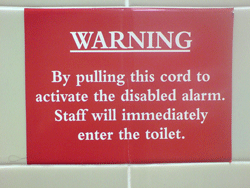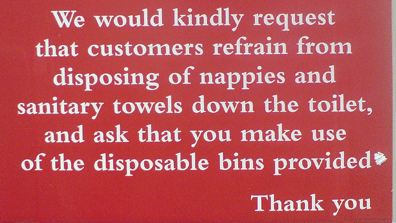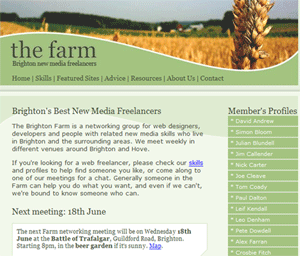 I stumbled with interest upon this article, which I hope is more evidence of a backlash against jargon and management-speak. Apparently, the chairman of the Local Government Association, Sir Simon Milton, is encouraging all employees to avoid “non-words” such as those on this list.
I stumbled with interest upon this article, which I hope is more evidence of a backlash against jargon and management-speak. Apparently, the chairman of the Local Government Association, Sir Simon Milton, is encouraging all employees to avoid “non-words” such as those on this list.
The offending words include: incentivising, coterminous, subsidiarity and synergies. It’s good to see that the anti-jargon movement is taking hold in government departments.
Years ago I worked in a sales department where the sales people often used expressions like “moving forward” and would try to persuade customers to buy a product with the weak statement: “it’s been a very strong line for us”. I always wondered how much more they would sell if they spoke honestly and directly, and just said “this product consistently sells in the thousands”.
What does “strong” really mean anyway? It won’t break? Any language that you have to decipher can be considered jargon, and ripe for editing.
(Picture courtesy of Adam Dorrell)








